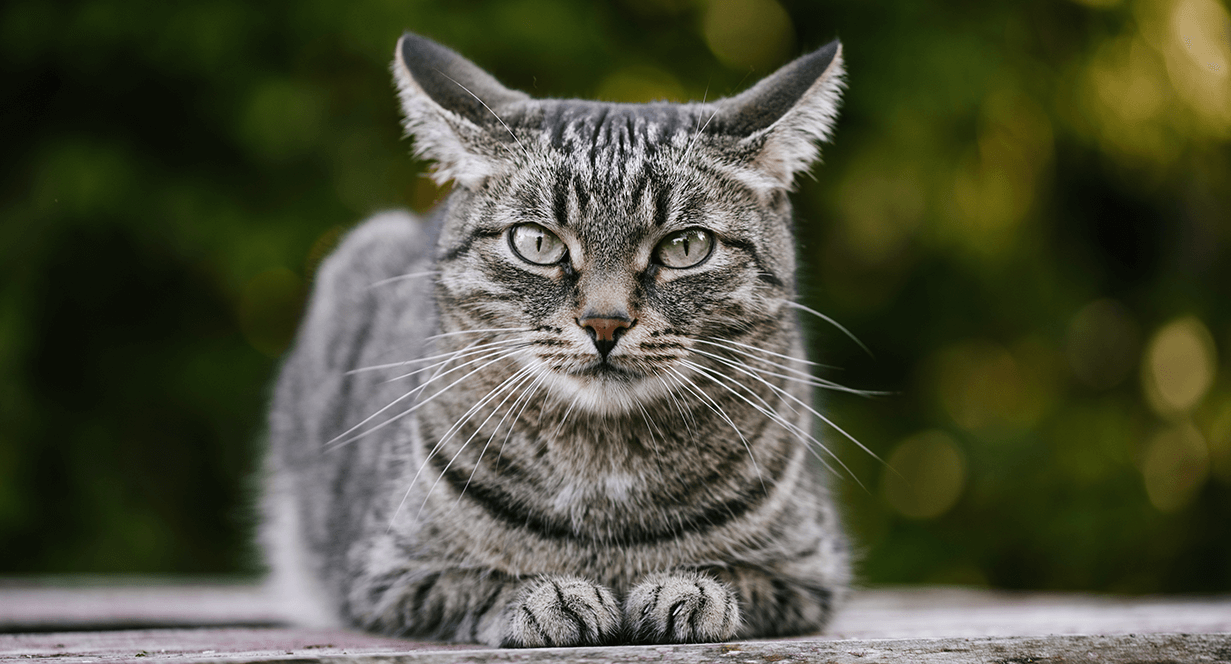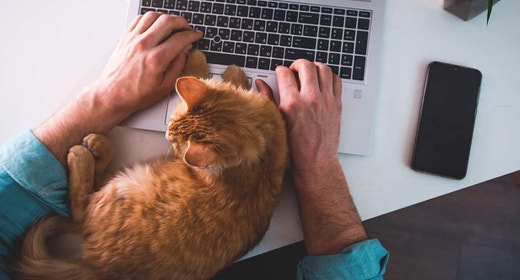

Mature cats need the same kinds of nutrients as younger adult cats, but as their metabolism slows, the quantities of those nutrients and the ways in which they are provided may need to change. Each cat is different, so ask your veterinarian for dietary recommendations based on your cat's physical condition.
Here are some special dietary concerns of mature cats:
Follow these guidelines for feeding an older cat:


Cats don’t lack personality; that’s for sure. They can be shy, outgoing, snuggly, independent, energetic, relaxed and everything in between. Yet some breeds tend to exhibit certain traits more strongly than others. Here are our picks for what we’re calling the Cat Personality Awards.
This larger cat has a big heart to match. They’re often very social and happy to chat with you, whether they’re curled up on your lap or following you around the house. They make excellent family pets because more family members means more people to snuggle and play with.
Also outgoing: Ragdoll, Siamese, Burmese
Gentle and calm, this soft and silky-furred feline is friendly without being demanding. Ragdolls are usually totally cool sharing a house with other pets and kids. They don’t stress much about routine changes or even being carried around. Their motto? It’s all good.
Other cool kitties: Scottish fold, Birman, British shorthair
Making up around 90% of cats in the U.S., with more than 80 colors and patterns, domestic shorthairs are a melting pot of different breeds. They were originally working cats used to hunt mice and other critters on farms. They still love to stalk, hunt and pounce on toys and play games with their owners — so expect to spend lots of energetic playtime together.
Also ready to play: Siamese, Maine coon, Manx
This popular breed has been around humans since the 1600s, but is satisfied doing its own thing. Gentle, docile and quiet, Persian cats don’t insist on a lot of attention. They’re just as content sitting on your lap or observing what’s going on by themselves from a sunny perch across the room. They can be discerning in who they give their affection to, but you’ll be on their good side once you earn their trust.
Also fine on their own: Russian blue, American shorthair, Norwegian Forest cat
The idea of training a cat may seem hilarious, but the curiosity and intelligence of Abyssinians make them highly trainable. Some can even be taught tricks or to walk on a leash and harness. Training and playing games are perfect ways to direct their affectionate energy.
Also eager to learn: Bengal, Siamese, American shorthair
Owning this affectionate, hairless breed means you can spend more time cuddling and less time lint-rolling your clothes. They do require regular baths, but that just means more time to hang out together.
Other neat freaks: Siamese, Russian blue
Thinking of getting your first kitty? It’s hard to pick just one breed, so we’ve got three:
Remember, most cats — especially those found in shelters — are a mix of breeds, which just means they often combine the best of all cat personality traits! Whatever personality you’re looking for in a cat, you’ll know it when you find your fuzzy soulmate.